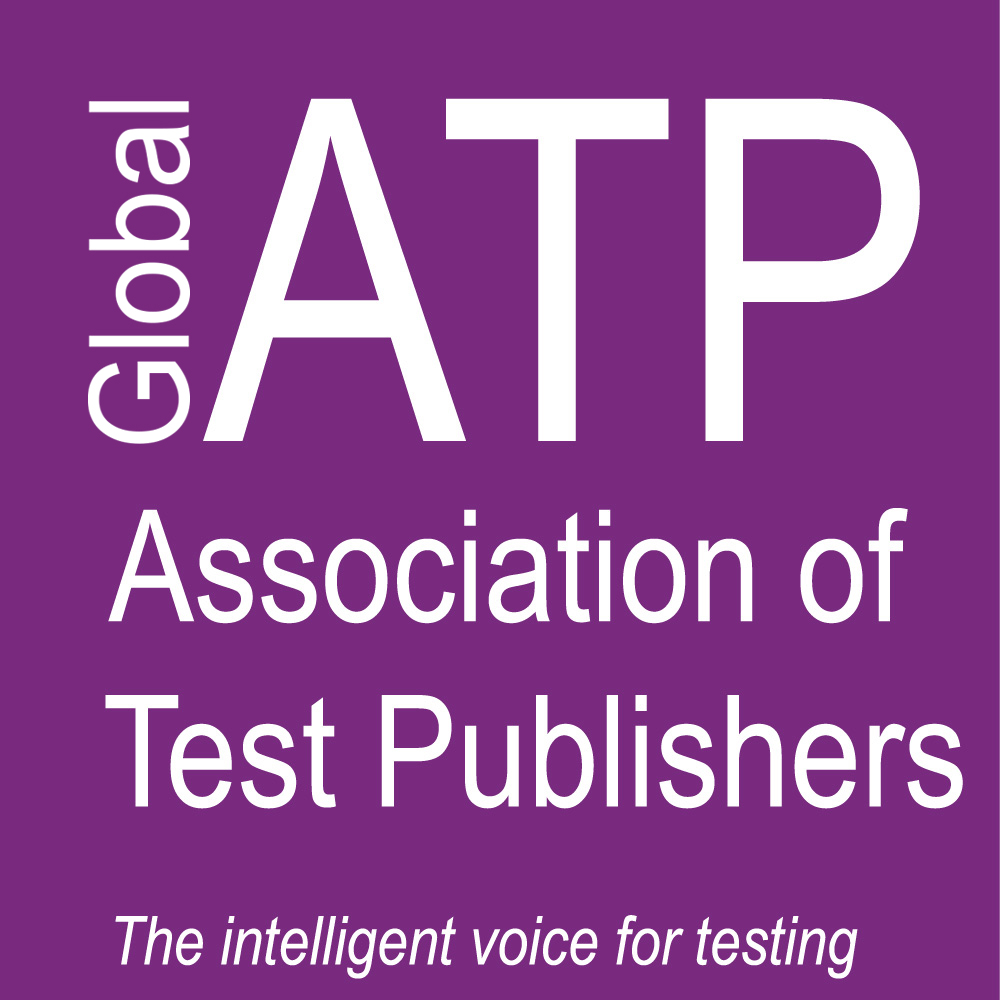|

March 17, 2021
ATP and its Industrial/Organizational Division Responds to Negative View of Testing in HBO Documentary, Persona: The dark truth behind personality tests
By now, many of you may have seen HBO’s recent documentary produced by CNN Films, Persona: The dark truth behind personality tests, which presents a negative view of employment testing and, in particular, personality testing focused on the MBIT. Even if you have not seen the documentary, we think it is worth discussing the film together so ATP members can build a common response.
First, we think it is important to state that we agree with some of what the documentary says or implies. Test validity is important. Test fairness is important. And showing—with data—that a test’s scores and interpretation are valid and fair is important. Finally, although not clear from the documentary, test scores should be only one of multiple measures used in making a hiring decision. When ATP describes itself as “the intelligent voice for testing,” these concepts are part of the messaging we strive to provide for the industry and all stakeholders.
Second, we believe the documentary ignores information in the following three areas:
- The documentary inappropriately villainizes evidence-based employment tests by focusing on bad cases and failing to explain what well-designed personality tests look like. Most tests provided by ATP’s members are developed according to professional standards and are supported by documented evidence for their tests’ validity and fairness.
- The documentary ignores the substantial, long-term conversations in industrial/organizational (I/O) psychology about what makes someone a successful employee and how employers should handle issues of workplace fairness. We acknowledge that I/O psychology’s history is not always enlightened, just as we acknowledge that we have not perfected inclusion yet. However, we believe that the trend has changed for the better, adherence to and conformity with the APA/NCME/AERA Standards for Educational and Psychological Testing (2014) has improved, and we take pride in our field’s broad concern for issues of diversity, equity, and inclusion.
- Most importantly, the documentary fails to provide any alternative to personality testing. Employment tests were developed because they were more objective and quicker to use than an interview, but we continue to use them because they also have greater validity and result in fairer decisions. The interview is still the most common alternative to employment tests, but they generally have a 50/50 chance of producing a valid outcome. We know people, like computer software, use algorithms to make decisions. Human algorithms are generally far more opaque and are shaped by evolutionary forces that run contrary to modern notions of fairness. Any good critique of testing provides an alternative that works as well as tests or better. Evidence suggests that interviews, on their own, do not work better than tests to predict performance or reduce bias in the hiring process. In the absence of a better alternative, responsible use of employment testing has been, and should continue to be, encouraged.
Finally, we encourage conversation about these issues, among test publishers and with the community as a whole. Animosity toward testing does not arise from out of nowhere. Helping people see the value of testing benefits everyone, and ATP is well-positioned to make use of our collective experiences to lead this conversation. If you would like to work within the I/O division on these, and other issues, please reach out to.
Finally, we encourage you to review SIOP’s response to the documentary.
|



